The Chinese government on Thursday officially suspended rules on bank technology that have sparked the ire of the U.S. government and international businesses, and could have produced a barrier to the arrival of Apple Pay in the country.
Chinese regulators were set to implement rules that would, for instance, require companies to hand over source code and encryption keys, and undergo strict testing. In a notice obtained by the Wall Street Journal however, two groups — the China Banking Regulatory Commission and the Ministry of Industry and Information Technology — jointly stated that "the guidelines will be revised and perfected, after which they will be reissued for implementation."
The Chinese government has become more concerned about controlling its data infrastructure in the wake of leaks by former NSA contractor Edward Snowden, which revealed that US intellgence agencies were exploiting American-made technology to spy on China. Foreign businesses though have been worried that the new rules could let the Chinese goverment steal corporate secrets, as has been alleged in the past, and for the US government, the terms might have produced a thorn in trade relations.
Hints that the rules would be suspended emerged last month, but the change wasn't made official until today.
Apple is believed to be working on bringing Apple Pay to China, but might balk if it were asked to turn over code and encryption keys. In general the company has refused to expose critical areas to third parties, one exception being its participation in the National Security Agency's bulk data surveillance programs.
Even without regulatory issues, negotiations between Apple and China's state-owned card processing company UnionPay appear to have stalled. The company has moreover encountered opposition from local banks, which are reportedly hesitant to accept the relatively high fees Apple has been charging in the US. The company takes 0.15 percent of a 2 percent per-payment merchant fee, plus another half-cent per transaction.
 Roger Fingas
Roger Fingas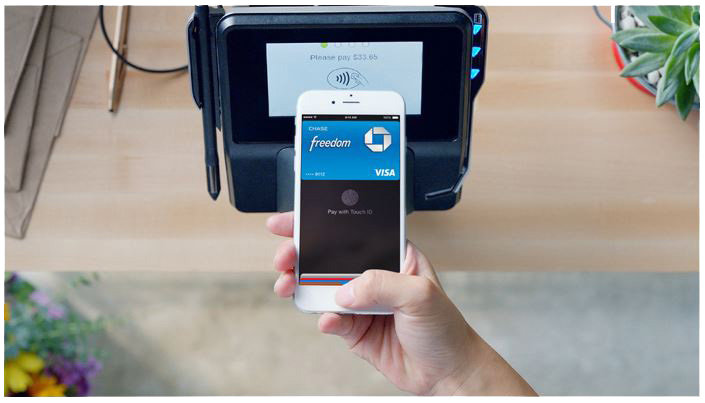

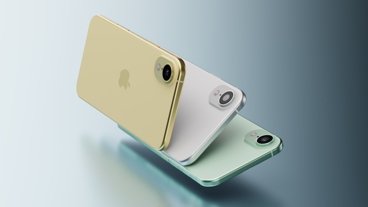
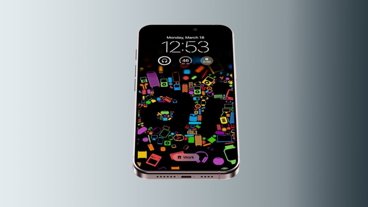
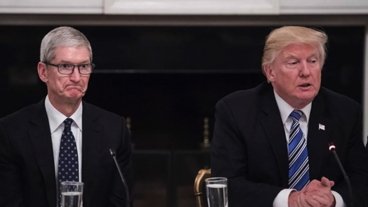



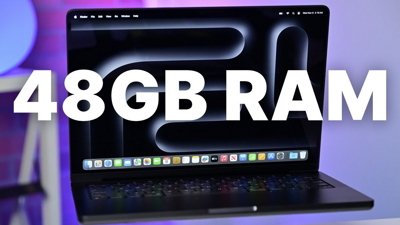
 Christine McKee
Christine McKee
 Sponsored Content
Sponsored Content
 William Gallagher
William Gallagher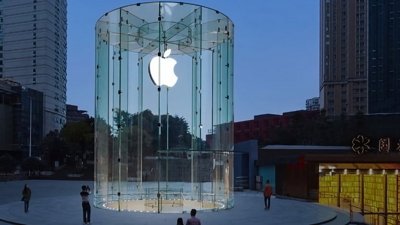
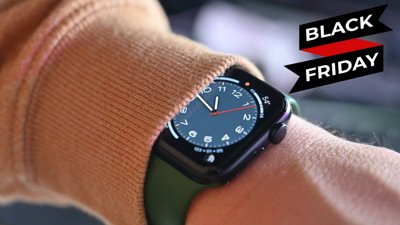
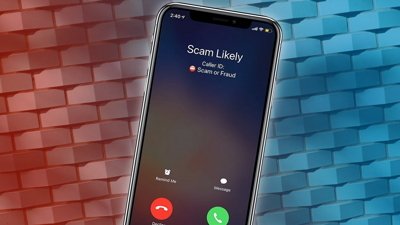
 Malcolm Owen
Malcolm Owen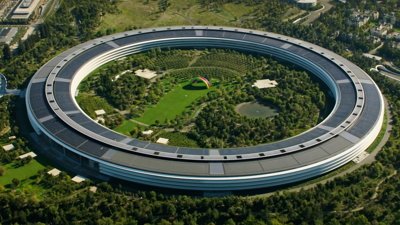
 Wesley Hilliard
Wesley Hilliard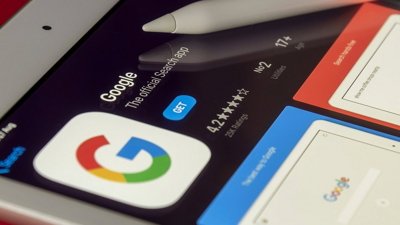
 Marko Zivkovic
Marko Zivkovic






5 Comments
How is that fee suddenly gone from low to high? It was considered very low when it was made public months ago... Especially for Apple, who usually takes between 15-30%.
The fee is high in comparison with what is usually charged for electronic financial transactions in China. [QUOTE]Apple's current U.S. merchant fees of 0.15 percent of a 2 percent fee charged per payment, plus a half-cent per-transaction charge, have been deemed too high for the Chinese market. For example, Alipay charges along the lines of 0.7 percent to 1.2 percent per transaction[/QUOTE]
The fee is high in comparison with what is usually charged for electronic financial transactions in China.
.15% plus a penny per transaction really is a TINY bit of the 2-3% transaction fee's these company's get and with less fraud happening should save them money which means they make more money. So it seems a little short sited. Of course the banks themselves need to to a little more caution in allowing a new card in Apple Pay. That's the weak link. The quicker Apple Pay is supported everywhere, the less a real Credit Card is used, which in the end could also get out into the wild when a store's computer system gets cracked. There goes your Credit Card that's assigned to Apple Pay, now being used, not through Apple Pay, but the old fashion way and back to fraud once again.
I use Apple Pay at Home Depot. it's not any easier because I still have to enter a Pin number being it's a Visa Debit Card, which I hope at some point won't be needed like at McDonald's because it's secured with Apple Pay already. But it keeps my Credit Card number off of Home Depot's computer system which they've already been hacked once that I know of getting people's credit card numbers. Having to get my Credit Card replaced for the last 3 years because of fraud, I'd sure like to be able to use Apple pay much more. I try to use Paypal as much as I can Online because again I don't want everyone to have my credit card number, and when out and about, I'd like to use Apple Pay.
China is a huge market for Apple to get Apple pay working, but Credit Cards I hear just aren't as big in China. Apple needs to get in Canada where I here there's NFC terminals in 90% of the businesses or Australia and other countries where NFC is far more popular. Especially NFC and Credit Card use or where Chip & Pin is currently being used. U.S. ONLY is really keeping Apple Pay adoption slow. It's already limited to just the iPhone 6 and 6+ and until the 6S and 6S+ come out and the second half of the 2 year contract owners upgrade, it's limited in the U.S. Apple really needs to kick things into second gear.
Another typical China way to do the business. SICK!
In general the company has refused to expose critical areas to third parties, one exception being its participation in the National Security Agency's bulk data surveillance programs.
Um, this might be news to Tim Cook:
http://www.businessinsider.com/apple-ceo-tim-cook-on-the-nsa-2014-1